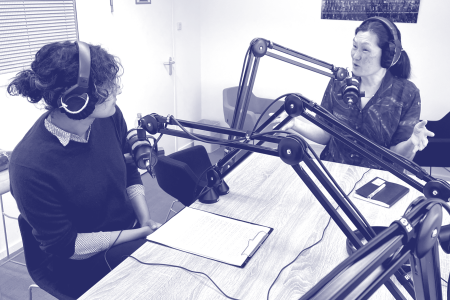In SWOV podcast #9, Canmanie Ponnambalam interviews Linda Boyle, Professor of Industrial and Systems Engineering at the University of Washington, about understanding human behavior to safely integrate automation into our transportation systems.
In the discussion, Boyle stresses the importance of studying human behavior to anticipate how people will interact with and respond to automated systems, which will likely share the road for a long time. "Understanding the human factors aspects, how humans perceive the systems, how they think about the cars and how they will respond and act is very important," says Boyle.
The pair discuss how naturalistic driving studies, driver monitoring systems, and real-time feedback can help or hinder the safe integration of automation. Boyle notes that while providing information to drivers is important, "it's how you actually present the information, the timing, the displays and prioritizing alerts" that matters.
Looking to the future, Boyle talks about her research on automated vehicles as future workspaces, where cars could become mobile offices. However, she notes many challenges remain to create "a productive work environment" in an automated vehicle.
